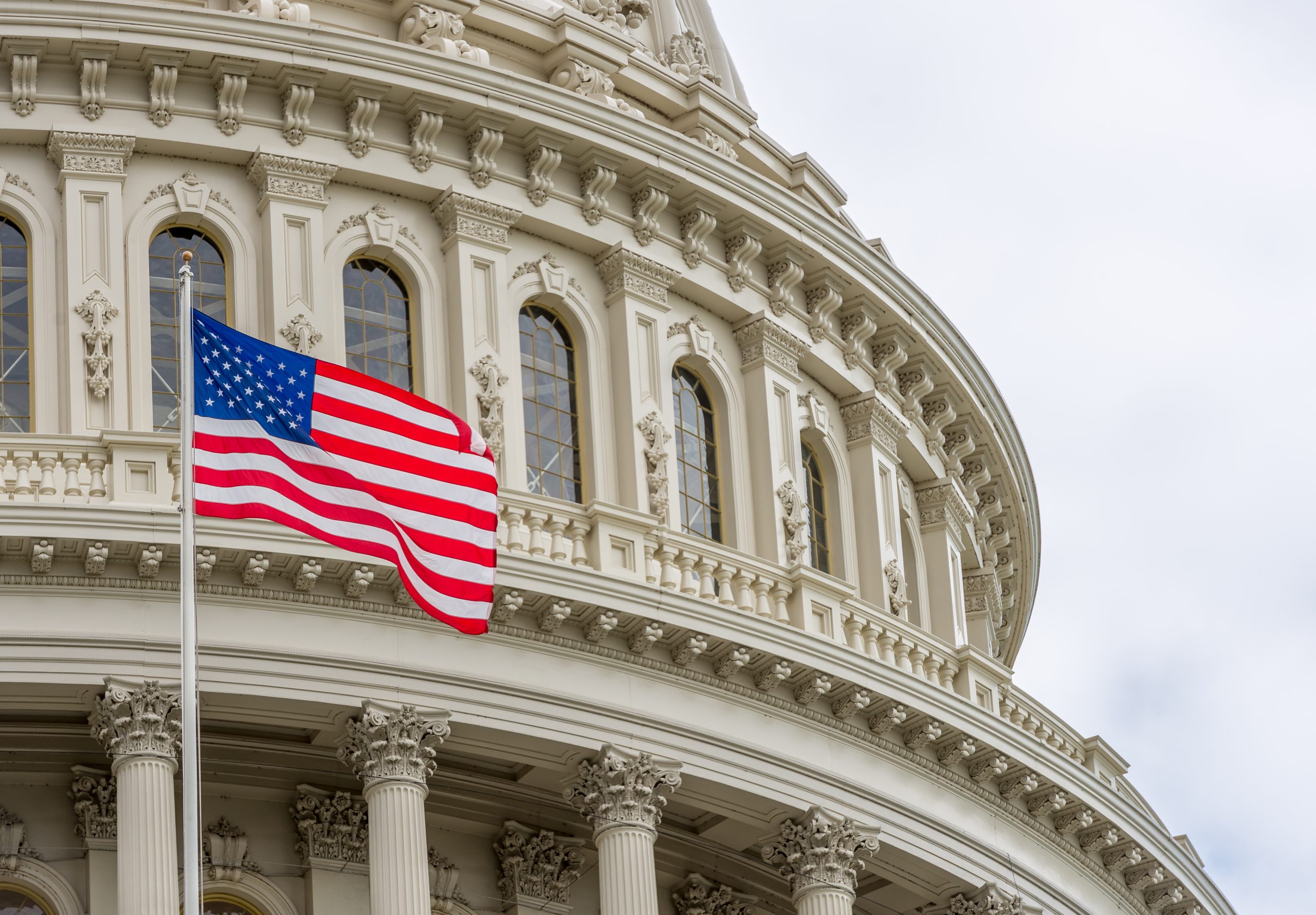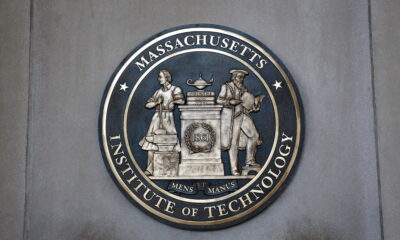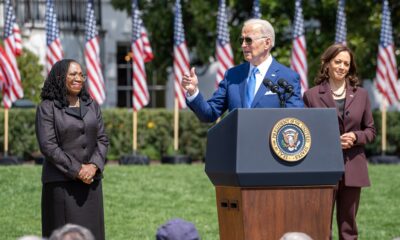Banks Under Investigation For Disclosing Customer Data To FBI

The banking industry is under the microscope as Republican lawmakers are pressing to examine breaches in customer data privacy related to the exercise of fundamental Second Amendment rights. Reps. Jim Jordan (R-OH) and Thomas Massie (R-KY), leading figures in the House Judiciary Committee, have targeted six of the country’s largest financial institutions in their latest probe, adding to their ongoing scrutiny of several major banking institutions.
The focus is a startling allegation that the banks may have voluntarily shared private customer data with the Federal Bureau of Investigation (FBI), including firearms purchase details.
The representatives announced on Monday their expansion of the investigation. “The banks should not be conducting a dragnet for the FBI where every customer is a suspect,” Massie declared, emphasizing that such actions circumvent Constitutional safeguards. Massie and Jordan have fired off letters to the CEOs of JPMorgan Chase & Company, Citigroup, Truist Financial Corporation, Wells Fargo, U.S. Bancorp, and PNC Financial Services, requesting more information.
The push for an expanded inquiry was spurred by the testimony of two FBI whistleblowers who alleged that Bank of America had provided the FBI with a list of individuals making transactions around the time of the January 6 protests. Notably, the reports have also detailed disclosures about transactions at gun shops, regardless of their geographical relation to the event or time frame.
“Based on information we have from FBI whistleblowers, it seems your financial data is not safe and your privacy is not maintained by the banks with respect to the government,” Massie explained, indicating a need for citizens to be more guarded about their financial transactions.
The representatives’ move comes amid a broader investigation into the possibility that Bank of America may have voluntarily provided the FBI with details of customer transactions and firearms purchases around the time of the January 6 Capitol protests. The bank, however, has not yet commented on these allegations.
Furthermore, the lawmakers have raised the question of whether the FBI, prohibited by the Constitution from certain actions, is potentially exploiting a loophole by acquiring data from banks. “If there’s something that the government is precluded from doing by the Constitution, they can’t create a loophole by having private institutions do it for them and then share it with them,” Massie argued.
As the representatives wait for the CEOs to respond by June 26, they reportedly are contemplating potential next steps. These may range from issuing subpoenas to drafting new legislation aimed at preventing similar incidents in the future.
In the balance hangs not only the outcome of the investigation but also the broader question of data privacy in America’s banking system. At the heart of the issue, however, is the trust placed in these institutions by their customers – a trust that could be jeopardized if privacy concerns are not adequately addressed.
























